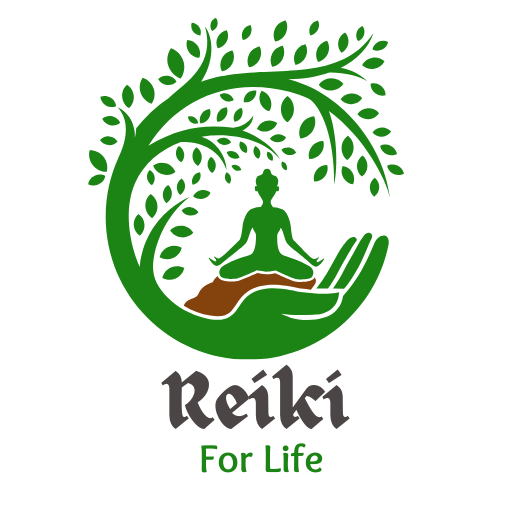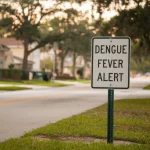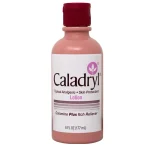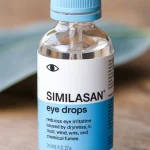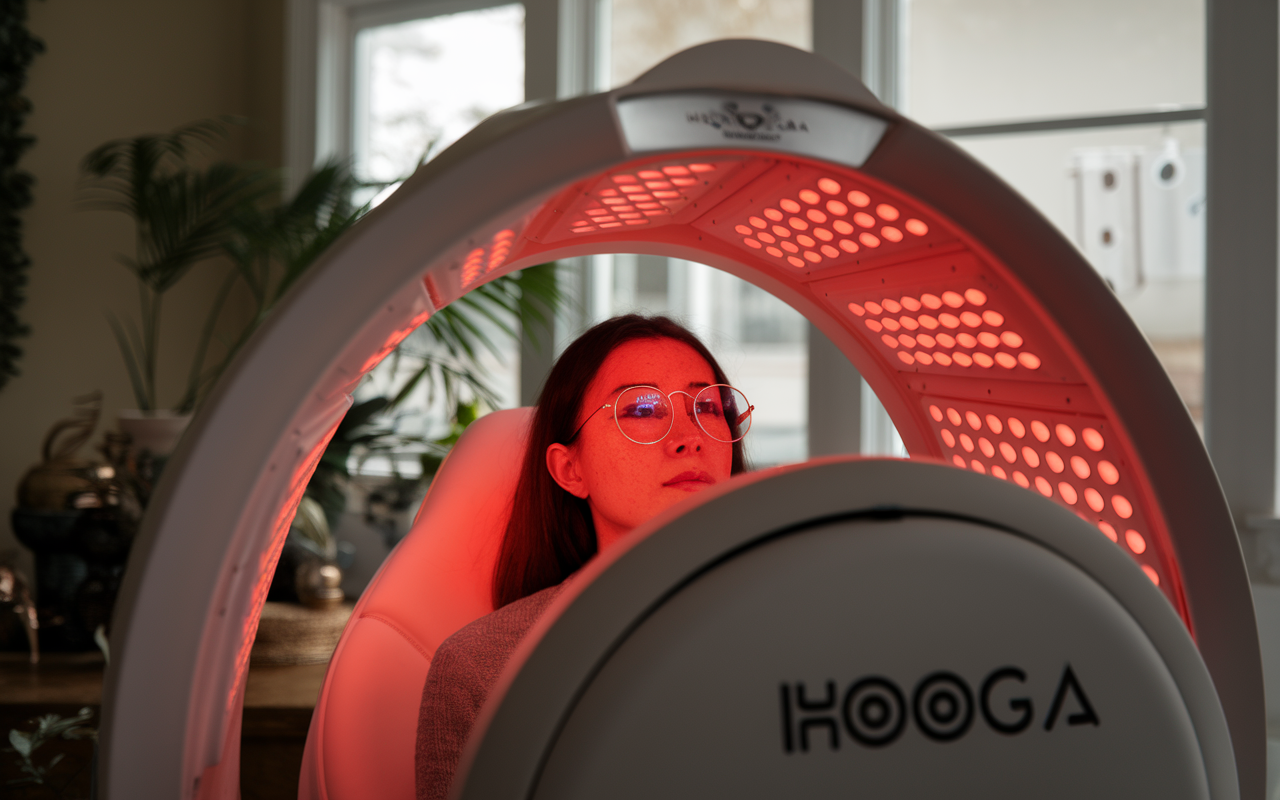Your body requires as much assistance as possible throughout the healing process following an injury or surgery. Even while wound care is crucial, did you know that some vitamins help hasten the healing process? Indeed, the correct vitamin combination can strengthen your immune system, promote tissue repair, and enhance collagen synthesis.
Which vitamins are best for mending wounds, then? We’ll go over the key vitamins, supplements, and nutritional advice that will help you recover more quickly and effectively in this extensive guide.
See Also: Can Vitamin B12 Deficiency Be a Sign of Cancer?
How Does Nutrition Impact Wound Healing?
It’s crucial to comprehend how diet impacts the healing process before delving into the top vitamins for wound healing. There are four steps in your body’s natural healing process:
- Hemostasis: The blood clots to stop bleeding.
- Inflammation: White blood cells fight infection and remove damaged tissue.
- Proliferation: New tissue, collagen, and blood vessels form.
- Remodeling: The wound closes and strengthens over time.
At every stage of the healing process, vitamins are essential. They support immunological defense, tissue development, and clot formation. Your body’s capacity to recover is slowed down when vital nutrients are not present.
Top 7 Best Vitamins for Wound Healing
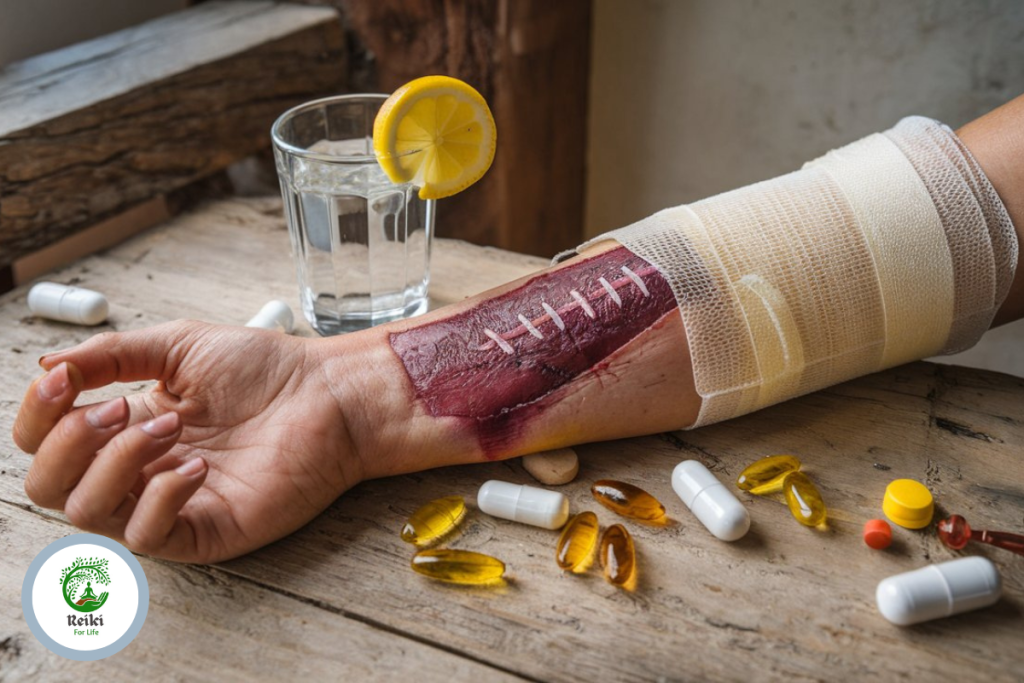
1. Vitamin C – The Collagen Builder
How It Helps
One of the best vitamins for healing wounds is vitamin C. It encourages the synthesis of collagen, a protein necessary for the development of new connective tissue and skin. Additionally, it fortifies your immune system, preventing infections.
Sources of Vitamin C
- Citrus fruits: Oranges, lemons, grapefruits
- Vegetables: Broccoli, bell peppers, spinach
- Supplements: Chewable tablets, effervescent drinks
Why It’s Important
A lack of vitamin C can weaken connective tissues, slow down the healing process, and increase your risk of infection.
2. Vitamin A – The Skin Regenerator
How It Helps
The formation of epithelial cells, which are essential for skin regeneration, is accelerated by vitamin A. Additionally, it strengthens your immune system, which aids in the battle against infections as you heal.
Sources of Vitamin A
- Animal-based: Liver, dairy, eggs
- Plant-based (beta-carotene): Carrots, sweet potatoes, leafy greens
When to Use It
For burn patients and surgical wounds, where fresh skin regeneration is crucial, vitamin A is very helpful.
3. Vitamin E – The Skin Protector
How It Helps
A potent antioxidant, vitamin E lowers scarring, combats free radicals, and enhances skin health in general. It aids in shielding skin cells from oxidative damage.
Sources of Vitamin E
- Nuts: Almonds, sunflower seeds
- Oils: Sunflower oil, olive oil
- Supplements: Capsules, topical creams
Topical vs. Oral Use
Vitamin E lotions can be applied to scars, but dietary supplements offer antioxidant advantages to the entire body.
4. Vitamin K – The Clotting Agent
How It Helps
Blood clotting, which is necessary to seal wounds and halt excessive bleeding, depends on vitamin K. It encourages the synthesis of proteins that aid in blood coagulation.
Sources of Vitamin K
- Leafy greens: Kale, spinach, broccoli
- Supplements: Capsules or multivitamins
When to Use It
In order to stop excessive bleeding following dental or cosmetic surgery, vitamin K is frequently advised.
5. Vitamin D – The Immunity Booster
How It Helps
Antimicrobial peptides, which aid in the fight against infections, are produced with the help of vitamin D. A robust immune system lowers the chance of illness and promotes a speedy recovery.
Sources of Vitamin D
- Sunlight (natural source)
- Food: Fatty fish (like salmon), egg yolks
- Supplements: Vitamin D3 capsules, drops
Why It’s Important
The immune system can be weakened by a vitamin D deficit, which increases the risk of infection and slows healing.
6. B Vitamins (B1, B2, B6, B12) – The Energy Boosters
How They Help
- Vitamin B12: Enhances the transport of oxygen to wounds by promoting the creation of red blood cells.
- Vitamin B6: Promotes tissue healing by aiding in the metabolism of proteins.
- Thiamine (vitamin B1) and riboflavin (vitamin B2): Promote the synthesis of energy and the general health of tissues.
Sources of B Vitamins
- Whole grains, nuts, eggs, and meat
- Supplements: B-complex capsules
Why It’s Important
A vitamin B12 deficiency, which is particularly prevalent in vegans, can cause a shortage of red blood cells, which can impede the healing of wounds.
7. Zinc – The Wound Repair Mineral
How It Helps
Zinc is necessary for immune support and tissue healing even though it is not a vitamin. It encourages the growth of new skin cells and cell division.
Sources of Zinc
- Animal sources: Meat, dairy, shellfish
- Plant-based: Seeds, legumes, nuts
Oral Supplements for Wound Healing
To hasten healing following burns and operations, zinc supplements are frequently advised.
See Also: Lepbound: A Holistic Approach to Wellness and Health
Best Supplements for Wound Healing
If your diet doesn’t provide enough vitamins, consider these oral supplements:
- Multivitamins: Combine Vitamin C, Zinc, B12, and D.
- Protein Shakes: Collagen powders promote skin and connective tissue repair.
- Post-Surgery Recovery Supplements: Specifically designed to support healing after surgery.
How to Speed Up Wound Healing Naturally
- Balanced Diet: Eat fruits, vegetables, and lean proteins.
- Hydration: Drink enough water to support tissue repair.
- Wound Care: Clean the wound and apply antibiotic ointment to prevent infection.
- Supplements: Take Vitamin C, Zinc, and B12 to boost recovery.
Comparison of Vitamins for Wound Healing
| Vitamin | Role | Natural Sources | Supplement Form |
|---|---|---|---|
| Vitamin C | Collagen production | Citrus, broccoli | Chewables, tablets |
| Vitamin A | Epithelial cell growth | Carrots, liver | Capsules, softgels |
| Vitamin E | Antioxidant, scar reduction | Almonds, sunflower oil | Topical creams, capsules |
| Vitamin K | Blood clotting | Spinach, kale | Capsules, softgels |
| Vitamin D | Immunity boost | Sunlight, fish | D3 capsules |
| B Vitamins | Red blood cell production | Whole grains, meat | B-complex capsules |
| Zinc | Tissue repair, immunity | Shellfish, nuts | Zinc tablets |
Conclusion
Adequate nutrition and the right vitamins can have a profound impact on wound healing. Together, vitamins C, A, B12, and zinc help to enhance the creation of collagen, combat infections, and speed up tissue repair.
Think about including vitamin-rich meals or supplements into your regular routine if you’re recuperating from an injury or surgery. Your body will appreciate it.
Do you need a pick-me-up for your recovery? Get a multivitamin now that contains zinc, vitamin B12, and vitamin C!
See Also: Basmati Rice Nutrition Facts
FAQs
What Vitamin is Best for Wound Healing?
Vitamin C is the finest vitamin for wound healing, however for the best recovery, take it with zinc, vitamin A, vitamin B12, and vitamin K.
What Can Speed Up Wound Healing?
onsume a diet high in fruits, vegetables, and proteins; drink enough of water; clean the wound; and take supplements of zinc, vitamin C, and vitamin B12.
Is Vitamin C or D Good for Wound Healing?
While vitamin D strengthens the immune system, vitamin C is more beneficial because it promotes the creation of collagen.
Is Vitamin B12 Good for Wound Healing?
Indeed, red blood cell synthesis is supported by vitamin B12, which guarantees oxygen supply to wounds for quicker healing.
